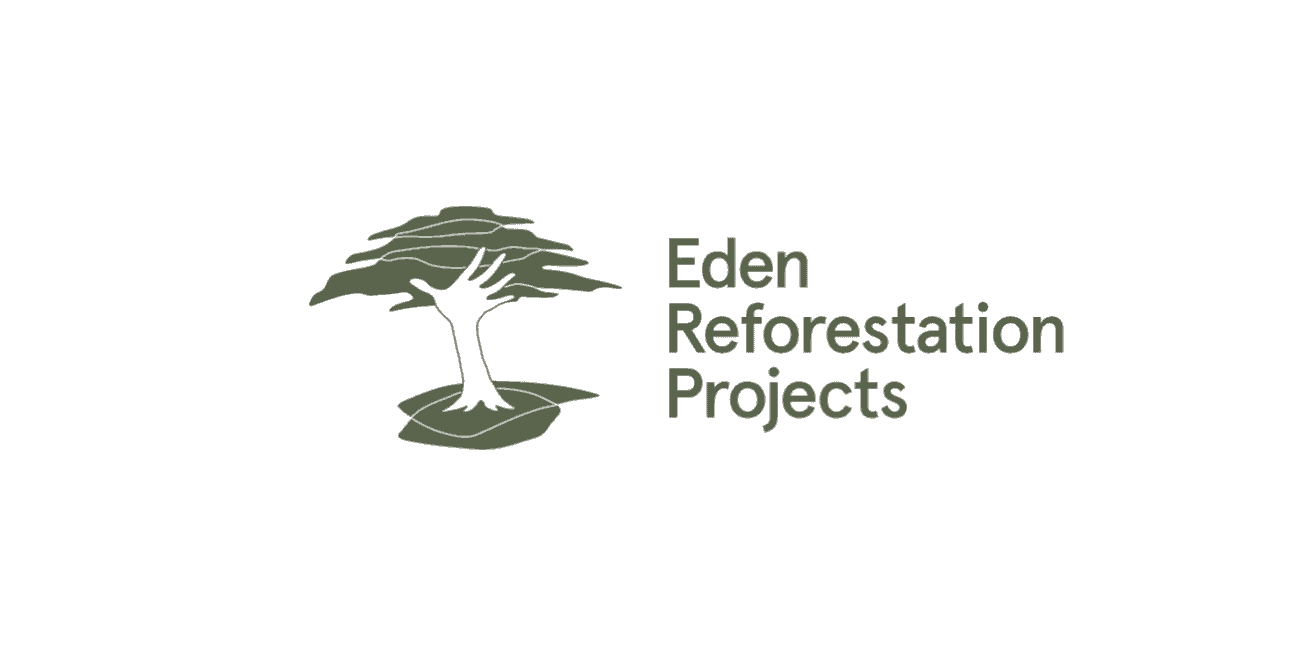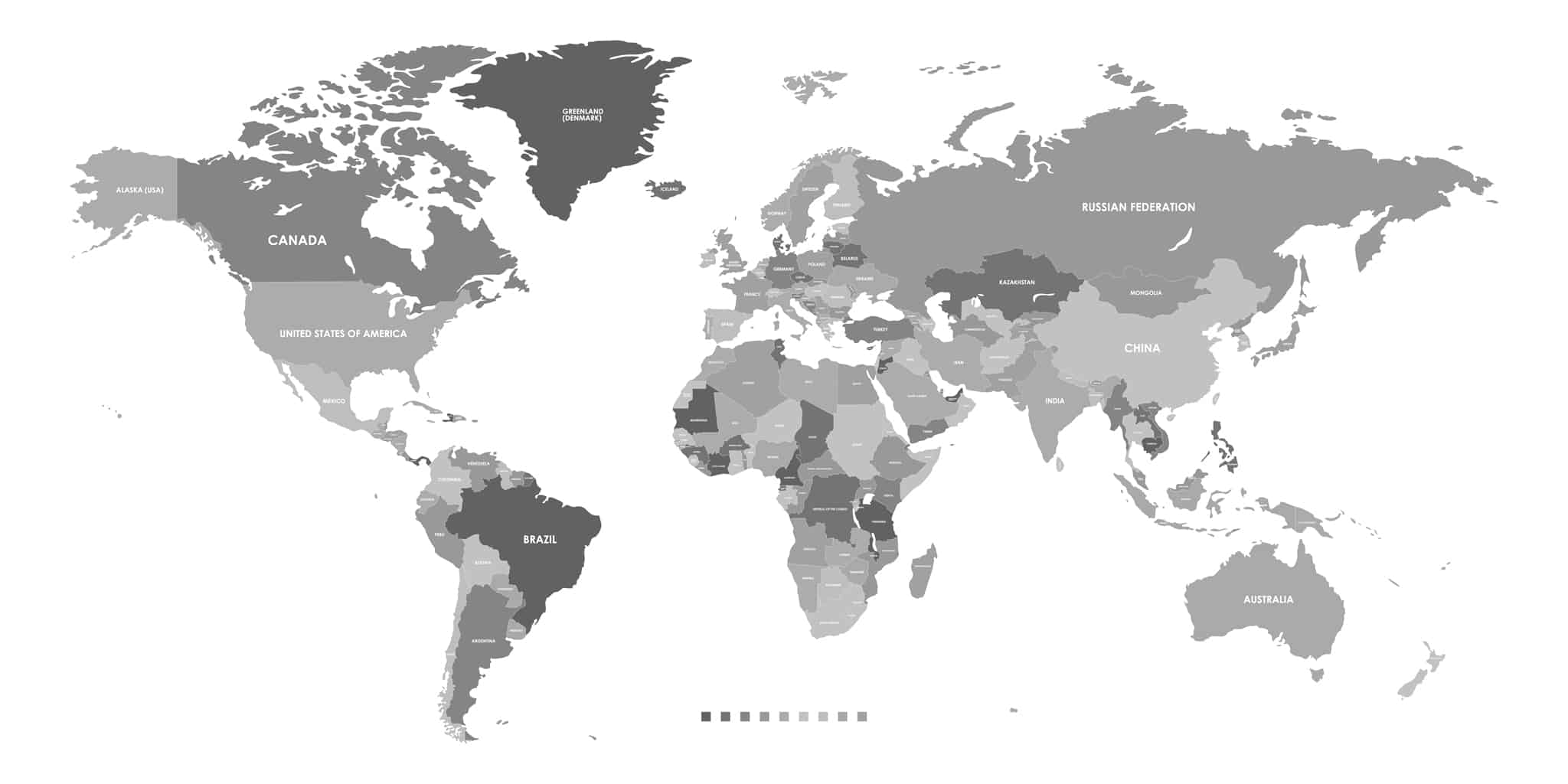
Madagascar
Austria
Germany
Brazil
Nepal
Indonesia
Haiti
Honduras
Ethiopia
Where & How will the trees be planted?
Reduce, improve, compensate, start again!
Non-profit organisations are committed to planting more than 67 different species of native trees worldwide. This is done in locations ranging from mangrove forests to tropical dry deciduous forests.
These efforts create healthy forests that provide a home for more than 200,000 species of plants and animals found nowhere else in the world.

02
Our goal:
1 billion additional trees for the planet!
We colaborate with the biggest reforestation providers on earth in order to ensure high quality and transparency. Addionality of projects is key!
Countries
Continents
Project sites
People escaping poverty with fair wages
Tree project in Madagascar
This non-profit organisation is continuously working to plant more trees in the northwest of Madagascar. Reforesting mangrove forests along the coast not only stabilises coastlines, but also protects local communities from storms and other weather events. In the highlands, reforestation of dry deciduous forests helps to rebuild degraded soils and prevent flooding. These forests are also important habitats for endangered animal and plant species.
The destruction of more than 90 % of Madagascar’s primary forests has a dramatic impact on the quality of life of the country’s extremely poor population.
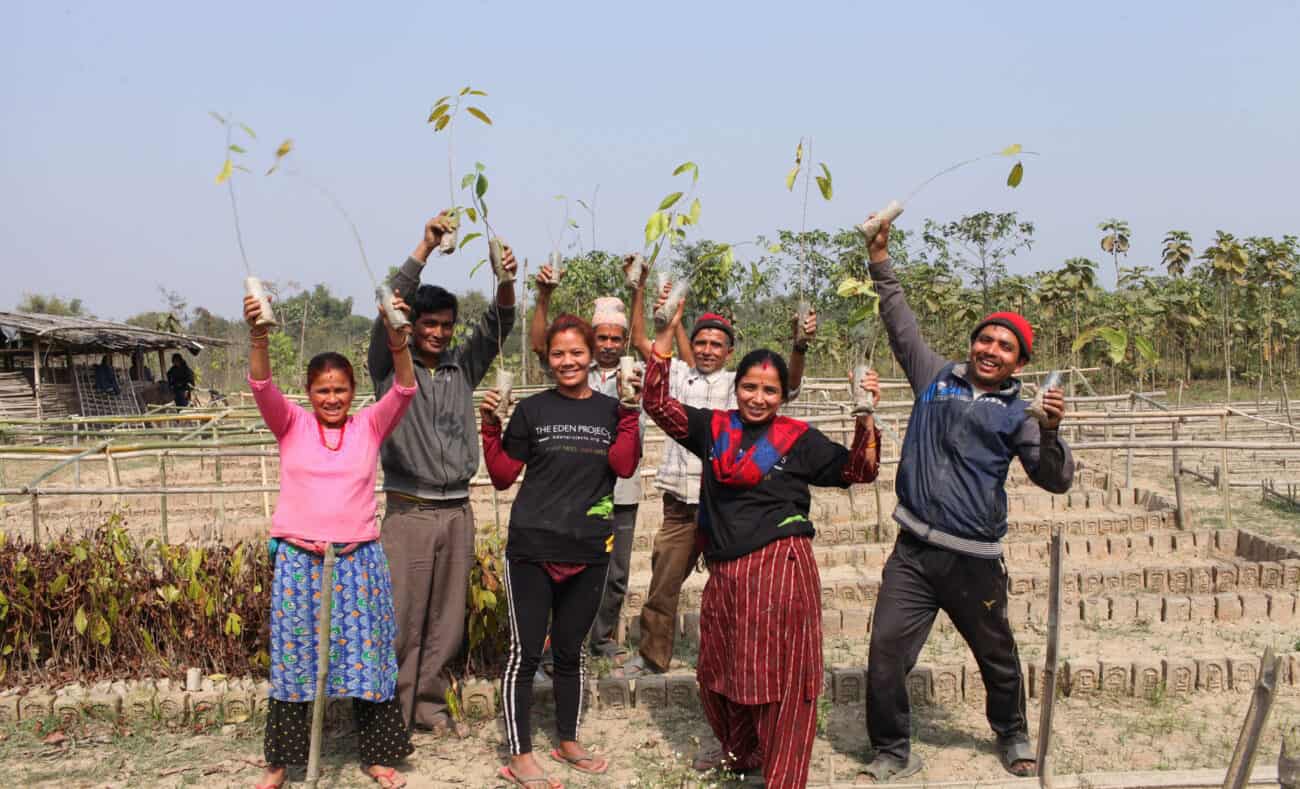
Reforestation in Brazil
Deforestation in Brazil, mainly due to the expansion of agribusiness, has negative impacts on the environment, soil conservation and the livelihoods of indigenous peoples and quilombola communities.
Reforestation of nearly 30,000 hectares in the Amazon, the Cerrado and the coast, can reverse this process while strengthening the finances of surrounding communities.
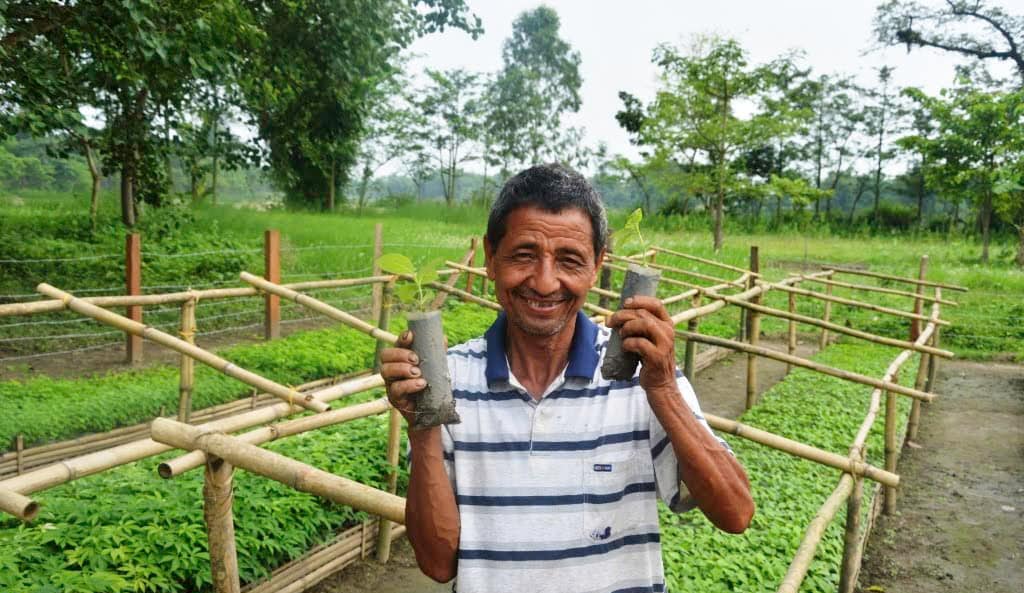
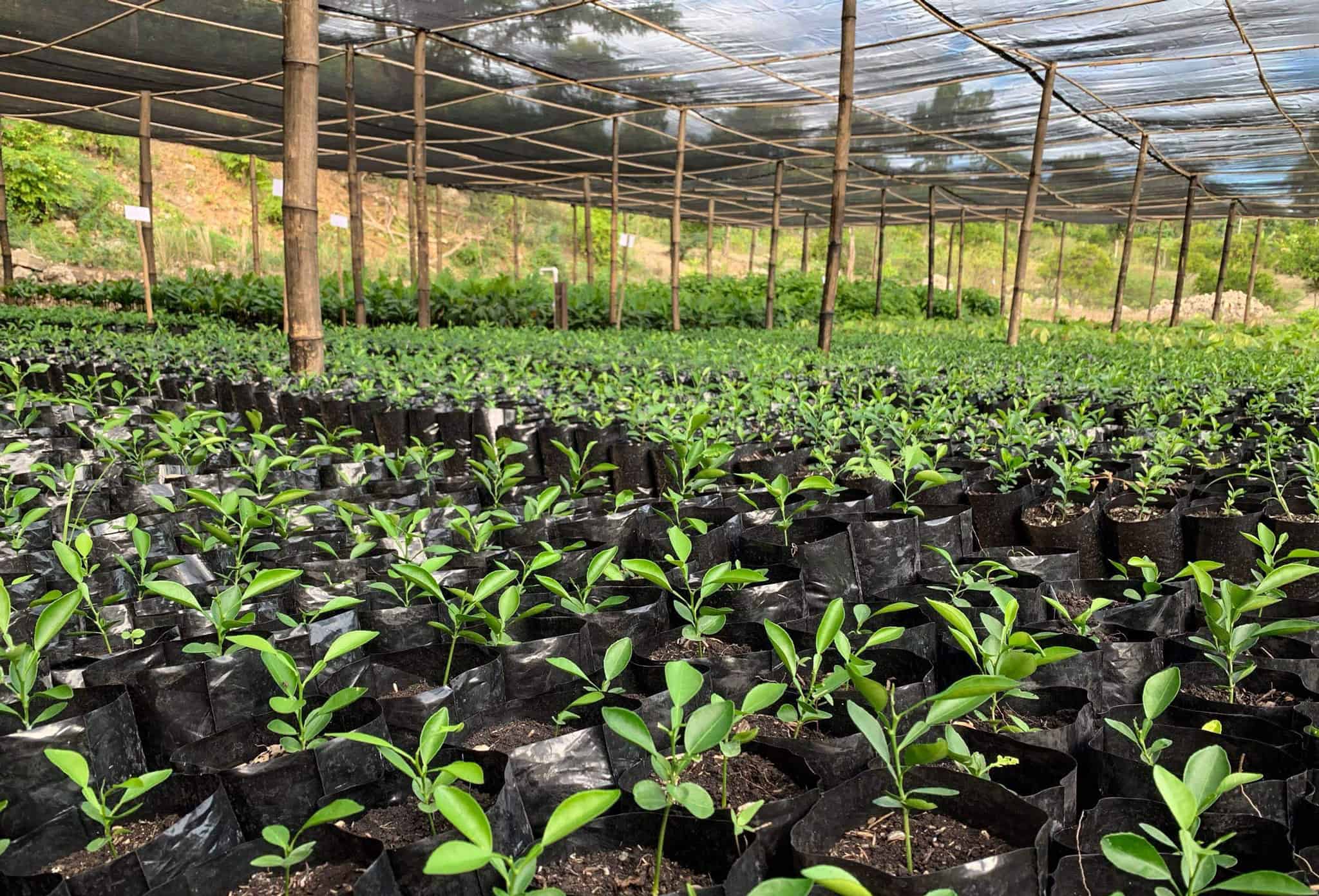
Reforestation in Ethiopia
The destruction of forest habitats in Ethiopia has been exacerbated by uneven development, slash-and-burn agriculture, charcoal production and general overexploitation of forest resources.
This has a direct impact on rural communities who depend on the country’s natural resources for their daily needs such as food, water and shelter. The more the forests disappear, the more these communities suffer.
Tree projects in Austria
Afforestation in Austria is an important issue that affects both the environment and the country’s economy. Sufficient forest cover is necessary to reduce CO2 emissions and to preserve the natural habitat for animals and plants.
In recent years, however, Austria has experienced a decline in forest cover due to human activities such as urbanisation, soil sealing and deforestation. To reverse this trend, the Austrian government is committed to reforestation projects.
One of the most important measures is the reforestation of forests that are particularly affected by the climate crisis. This includes planting trees in areas affected by forest fires, storms or droughts. Another goal is to increase biodiversity by focusing on the planting of native tree species.
However, afforestation projects in Austria also require the cooperation of private individuals and companies. Some companies, for example, have committed to planting a certain number of trees for every product sold.
Overall, afforestation in Austria is an important step to increase forest cover and protect the environment. However, it requires a comprehensive and continuous effort by government, companies and private individuals to be successful, ecorand makes a valuable contribution.
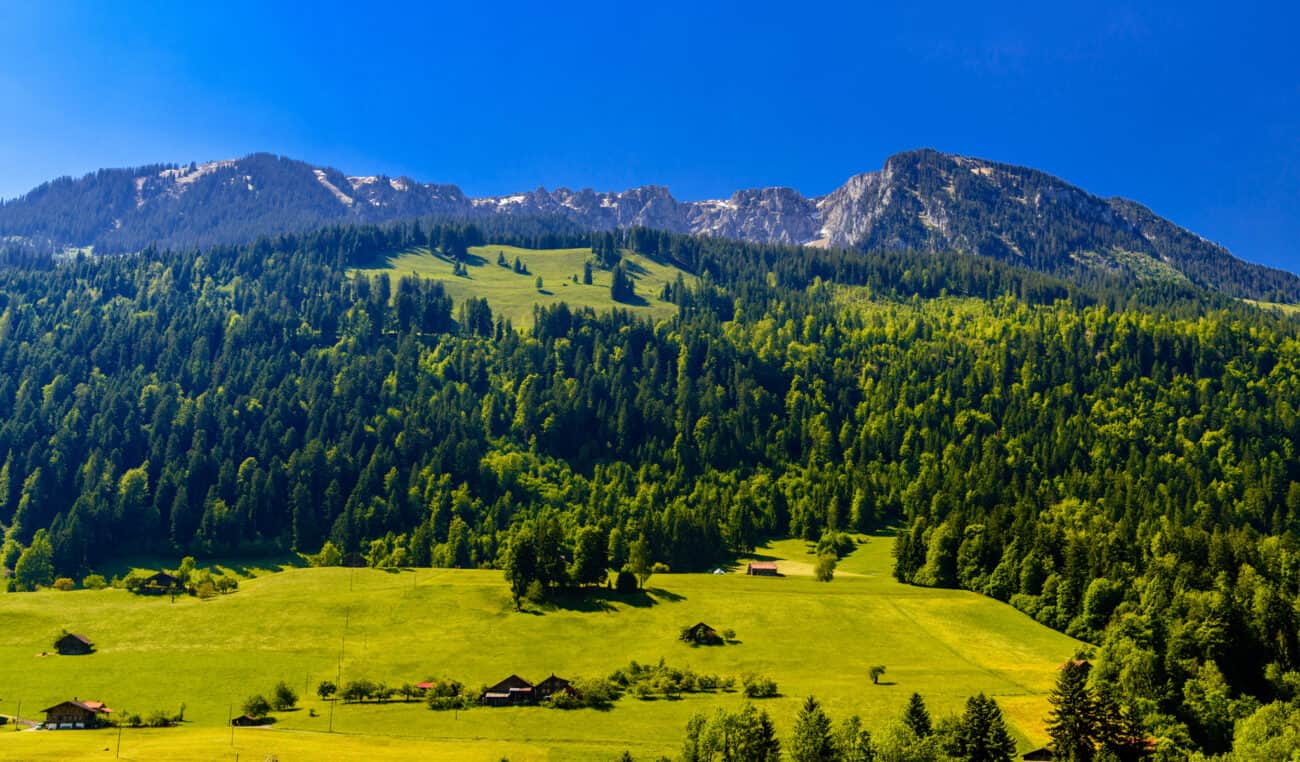
Reforestation Partners
Our trusted partners for planting trees. More to come.
